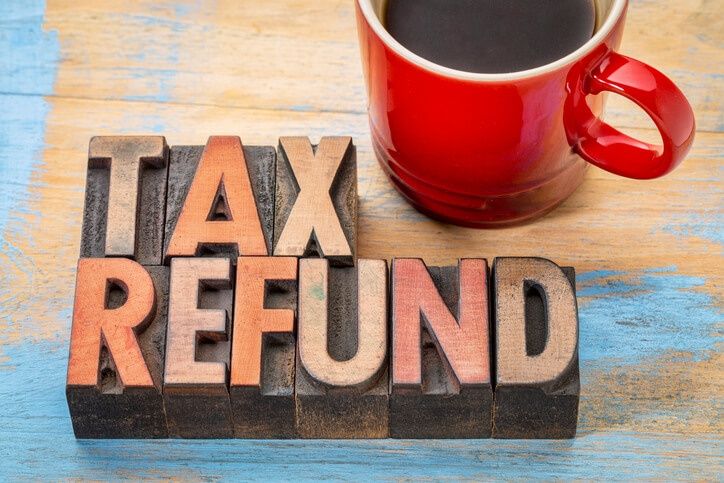If you don’t know what to do with your tax refund, consider whether the following ideas will help improve your financial situation.
Pay Down High-Interest Debt
High-interest debt, such as the balances many people carry on their credit cards, can make it nearly impossible for you to build a secure financial future. Unfortunately, households that carry credit card debt owe an average of $15,654. If you make minimum monthly payments on a credit card account that charges 18.9 percent interest, it will take you more than 15 years to repay your debt.
Using your tax refund to pay down or eliminate your high-interest debt gives you more opportunities to save and invest your money.
Invest in Your Retirement
Many Americans don’t have enough money to retire. In fact, 34 percent of Americans have saved $0 for retirement. An additional 35 percent have saved less than $1,000.
Using your tax refund to invest in your retirement puts you ahead of the average person. For 2023, you can contribute up to $6,500 in an IRA if you’re under 50. You can contribute up to $6,500 if you’re 50 or older. If you haven’t reached your maximum contribution, use your tax refund to get you there. It could make the difference between retiring at 65 and working well into your golden years.
Invest in a Certificate of Deposit (CD)
CD rates are currently better than they have been for well over a decade. With these low risk investments, your money is secured up to $250,000 per Member by the National Credit Union Administration (NCUA). That means you don't have to worry about your money while it's earning you interest. Learn more about TDECU's CDs.
Start an Emergency Fund
About 57 percent of Americans have less than $1,000 in their savings accounts. When tragedy strikes, those people probably don’t have enough money to pay for things like car repairs and medical expenses.
If you don’t have money set aside to pay for emergency situations, then you should use your tax refund to start an emergency fund. If you already have an emergency fund, your tax refund can help you prepare for future emergencies that most people can’t afford.
Update Your Home
As appliances age, they often become less efficient. Eventually, they can become so inefficient that they increase the amount of money you spend on electricity and gas. Updating to ENERGY STAR-certified appliances helps lower your utility bills while protecting the environment.
If you don’t need new appliances, you may want to consider updating other parts of your home. You can use your tax refund to repaint your interior walls, improve your yard’s appearance, buy new furniture or overhaul a room to make it look more modern.
Open a College Fund for Your Children
Some experts estimate that four years of college at an in-state school will cost about $150,000 within a decade. Such high prices will force many bright high school graduates to avoid higher education or accept tremendous amounts of student loan debt.
You can make college more affordable by using your tax refund to start saving money for your kids or grandchildren. You’ll get the best results from starting a 529 plan. Contributions to qualified tuition plans like 529 grow over time, so even a small investment today can have a big impact within a decade or two. Plus, putting money in a 529 plan helps lower your tax burden slightly.
The government gives you a tax refund because you overpaid during the previous year. It isn’t free money. It’s money that you earned. Instead of treating it like a prize, make sure you do something constructive with your refund.
Sources:
https://www.lendingtree.com/debt-consolidation/average-tax-refunds-study/
https://www.nerdwallet.com/blog/average-credit-card-debt-household/
https://www.bankrate.com/calculators/credit-cards/credit-card-minimum-payment.aspx
https://www.sec.gov/reportspubs/investor-publications/investorpubsintro529htm.html
